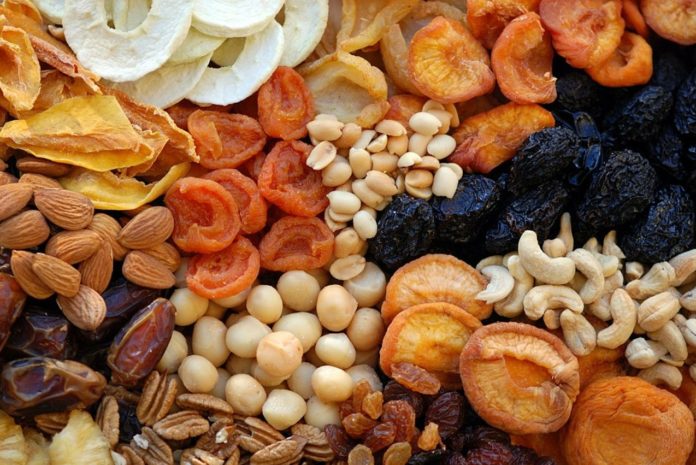A new study published in Carcinogenesis by researchers at the University of Liverpool with support from the American Institute for Cancer Research has identified an additional risk factor for cancer spread in cancer patients.
The research demonstrates that peanut agglutinin (PNA) – a carbohydrate-binding protein that rapidly enters the bloodstream following the consumption of peanuts – interacts with blood vessel wall (endothelial) cells to produce molecules called cytokines.
- Neuroscience Breakthrough: Study Pinpoints Brain Activity That Helps Prevent Us From Getting Lost
- Brief Anger Hampers Blood Vessel Function Leading to Increased Risk of Heart Disease and Stroke – New Study
- New Blood Test Pinpoints Future Stroke Risk – Study Identifies Inflammatory Molecules as Key Biomarker
- Enceladus: A Potential Haven for Extraterrestrial Life in its Hidden Ocean Depths
- New Experiment: Dark Matter Is Not As ‘DARK’ As All We Think
IL-6 and MCP-1 are well-known promoters of cancer metastasis. Other endothelial cells express more cell surface adhesion molecules as a result of the increased cytokine production, making them more attractive to circulating tumour cells and thus potentially promoting metastasis.
In an earlier study, Corresponding Author Professor Lu-Gang Yu and colleagues reported that circulating PNA binds to a special sugar chain, which occurs mainly on pre-cancerous and cancer cells, and interacts with a larger protein expressed on the surface of tumor cells in the bloodstream.
This interaction alters the larger protein, exposing underlying adhesion molecules on the surface of the cancer cell, making them stickier and easier to attach to blood vessels. Additionally, it enables cancer cells to form small clumps, which prolongs their survival in the body’s circulation. Numerous epithelial cancers spread to other organs via the bloodstream.
According to Professor Lugang Yu:
“Although further research and investigation are still needed, these studies suggest that very frequent consumption of peanuts by cancer patients might increase the risk of metastatic spread.
“Reassuringly though, a large US study reported no significant impact of peanut consumption on cancer mortality. In another study, peanut consumption was reported to have no significant effect on prognosis in men with established prostate cancer. In our previous healthy volunteer study, substantial blood concentrations of PNA were only seen transiently one hour or so after consumption of a large dose (250g) of peanuts, so it may be that ‘normal’ peanut consumption yielding lower PNA concentrations is harmless.”
“Nevertheless, the possibility remains that circulating PNA, at least at the relatively high levels found shortly after a large “dose” of peanuts, could have a significant biological effect on tumour cells circulating at that time, with a potential for increased risk of metastasis. Heavy or very frequent peanut consumption therefore might be better avoided by cancer patients.”
- Neuroscience Breakthrough: Study Pinpoints Brain Activity That Helps Prevent Us From Getting Lost
- Brief Anger Hampers Blood Vessel Function Leading to Increased Risk of Heart Disease and Stroke – New Study
- New Blood Test Pinpoints Future Stroke Risk – Study Identifies Inflammatory Molecules as Key Biomarker
- Enceladus: A Potential Haven for Extraterrestrial Life in its Hidden Ocean Depths
- New Experiment: Dark Matter Is Not As ‘DARK’ As All We Think
Further population-based epidemiological studies will need to be conducted to determine the possible effect of excessive peanut consumption on cancer patient survival.
Image Credit: Getty
